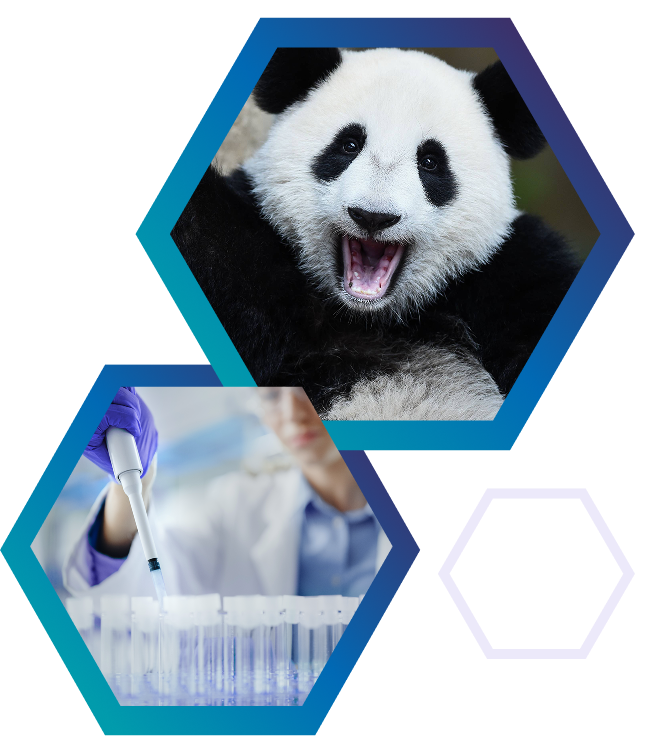Enhancing Tuberculosis Vaccine Immune Responses with Glutathione
We celebrate advancements in vaccines and treatments that protect global health. One such advancement recently was focused on tuberculosis (TB), a bacterial lung disease that has affected humanity for thousands of years. Since the 1940s, the Bacille Calmette–Guérin (BCG) vaccination has remained the standard of prevention in communities where TB transmission is prevalent and for those with HIV.
However, the vaccine suffers from variable efficacy. To address this issue, scientists examined how the BCG vaccine, combined with glutathione enhancement, can significantly improve immune responses in the fight against Mycobacterium tuberculosis (M.tb).
Glutathione’s Role in Immunity
Glutathione (GSH) is a powerful antioxidant that plays a vital role in immune function, detoxifying reactive oxygen species and maintaining cellular health. In its reduced form (rGSH), glutathione is an active antioxidant that inhibits the growth of infectious bacteria like M.tb. In contrast, its oxidized form (GSSG) is a byproduct produced when GSH neutralizes harmful compounds. A study published in the Journal of Clinical Medicine used this relationship to explore the potential of liposomal glutathione (L-GSH) to enhance immune responses in the T cells of both BCG-vaccinated and TB-infected individuals.
Researchers examined the impact of L-GSH on boosting the immune response of T cells in ex vivo. By measuring the levels of total GSH and oxidized GSSG with Arbor Assays’ Glutathione (GSH) Colorimetric Detection Kit (K006-H), the team was able to quantify rGSH and its effects on immune cells, particularly its ability to support TB control and reduce bacterial burden.
Key Findings from the Study
- Increased glutathione levels: The study demonstrated that treatment with L-GSH significantly increased reduced glutathione (GSH) levels in both BCG-vaccinated and non-vaccinated infected subjects. However, cells from BCG-vaccinated individuals displayed higher innate levels of GSH, with the glutathione boost improving the immune response even further.
- Improved immune cell function: L-GSH enhanced CD4+ and CD8+ T cell viability in granulomas formed around TB bacteria. In BCG-vaccinated subjects, L-GSH, along with antibiotics such as pyrazinamide (PZA) and isoniazid (INH), significantly increased CD4 and CD8 T cell counts, indicating better immune control of the infection.
- Decreased inflammation and bacterial load: L-GSH, in combination with PZA and INH, significantly reduced the bacterial load in granulomas, particularly in BCG-vaccinated individuals. This treatment also reduced inflammation markers such as TNF-α and IFN-γ, contributing to more effective bacterial clearance
Implications for Future Immunization Strategies
This research highlights the potential of integrating glutathione-based interventions with the existing tuberculosis vaccine and treatments to enhance immune responses. As TB remains a significant global health concern, especially in immunocompromised populations like those living with HIV, understanding how supplemental treatments like glutathione can support the immune system is vital. This study adds to the growing research on how antioxidants like GSH control infection.
Supporting Your Research with Arbor Assays
At Arbor Assays, we proudly support groundbreaking studies like this one. Our Glutathione (GSH) Colorimetric Detection Kit (K006-H) provides researchers with the tools to measure glutathione levels accurately, ensuring reliable data in studies involving oxidative stress, immune function, and more.
Explore our range of kits, including fluorescent assays for glutathione (GSH), glutathione reductase, and other key biomarkers in stress and immunity research. Whether you are exploring GSH’s role in TB, HIV, or general immune health, discover how our user-friendly products and dedicated support team can advance your research.
Featured Products
-
Glutathione (GSH) Colorimetric Detection Kit
$446.00The DetectX® Glutathione (GSH) Detection Assay Kits allow for convenient, rapid, and easy quantitation of both GSH and GSSG for an accurate measurement of cellular oxidative status in a variety of sample types.




